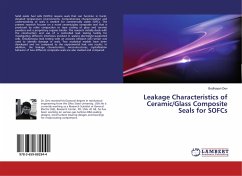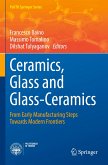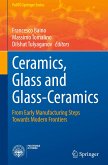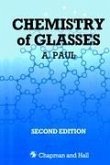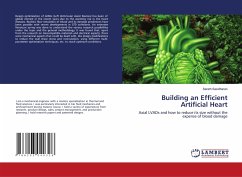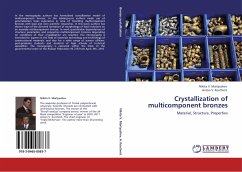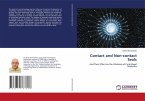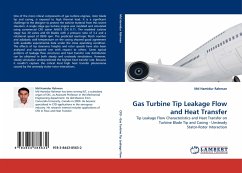Solid oxide fuel cells (SOFCs) require seals that can function in harsh, elevated temperature environments. Comprehensive characterization and understanding of seals is needed for commercially viable SOFCs. The present research focuses on a novel ceramic/glass composite seal that is produced by roller compaction or tape casting of glass and ceramic powders and a proprietary organic binder. The research initially deals with the construction and use of a controlled leak testing facility for investigating different interfaces involved in sealing electrolyte-supported cells. Simultaneous leak testing with an acoustic emission (AE) sensor was used to identify damage in seals. Two analytical models have been developed and are compared to the experimental leak rate results. In addition, the leakage characteristics, micro-structures, crystallization behavior of two different composite seals are also studied and compared.
Bitte wählen Sie Ihr Anliegen aus.
Rechnungen
Retourenschein anfordern
Bestellstatus
Storno

